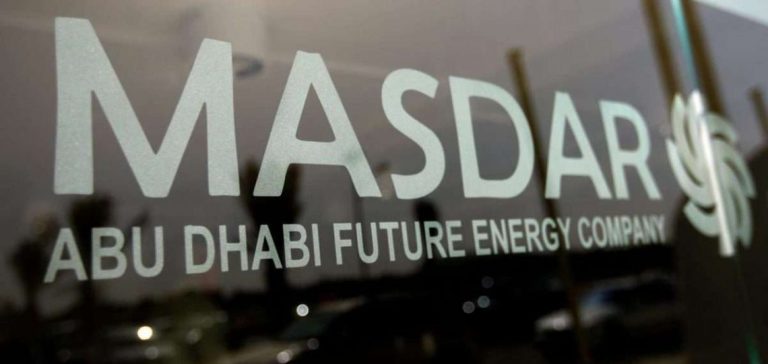Masdar, owned by the Abu Dhabi National Oil Company (ADNOC), the sovereign wealth fund Mubadala Investment Company, and energy company TAQA, is actively expanding its presence in the renewable energy sector across Europe. The group recently acquired the Spanish firm Saeta Yield from Brookfield Renewable for $1.4 billion. This transaction includes 745 MW of operational wind and solar assets spread across Spain and Portugal, as well as a 1.6 GW development pipeline scheduled for commissioning by 2030.
Simultaneously, Masdar has reinforced its presence with a 49.99% stake in a 2 GW solar capacity portfolio controlled by Endesa, a subsidiary of Italy’s Enel. This acquisition, valued at €817 million, also involves the development of 500 MW of battery energy storage systems, designed to meet the growing need for grid flexibility in the Iberian electricity market.
Consolidation of Growth Strategy
Through these transactions, Masdar is adopting a multi-faceted approach to becoming a key player in Europe’s energy transition. Beyond its existing assets, the group is exploring partnerships with industry leaders like Iberdrola to develop additional solar and wind farms. Masdar’s strategy is to invest in mature projects while also developing new capacity, supported by strong financial backing from its Emirati stakeholders.
These investments come at a time when many local players, facing increased financing costs, are willing to divest minority stakes in their renewable portfolios. This allows institutional investors, like Masdar, to acquire high-yield assets while contributing to Europe’s decarbonation goal, without significantly impacting their own balance sheets.
Outlook and Challenges
Masdar’s ambitions are not limited to Iberia. The group has also reached an agreement with GEK TERNA in Greece to acquire 67% of TERNA ENERGY SA’s shares, a renewable energy developer with a 6 GW portfolio in Europe. This move is part of a broader strategy to diversify geographically and mitigate risks associated with regulatory volatility in certain European markets.
In Spain, Masdar’s ongoing projects, such as the Almenara solar park (1.2 GW) and the Baltic Eagle offshore wind farm (476 MW) in Germany, demonstrate its ability to execute large-scale projects. However, the group faces challenges from rising interest rates and supply chain pressures, which could delay the implementation of some planned developments.
A Strategy of Vertical Integration and Strategic Alliances
Masdar is also leveraging local partnerships to accelerate capacity deployment. In Spain, the partnership with Endesa includes a Memorandum of Understanding (MoU) to develop additional projects, which could bring total capacity in Iberia to over 5 GW in the coming years. This strategy is complemented by vertical integration, with the development of battery storage solutions that enhance the attractiveness of its projects to local and European regulators.
Relying on diversified financing, including green bond issuances (with $1 billion raised in September 2024), Masdar demonstrates its ability to mobilize capital while maintaining strict financial discipline. Strong demand for these bonds, with an order book peaking at $4.6 billion, highlights investor interest in high-quality renewable assets in a global context of energy transition.






















